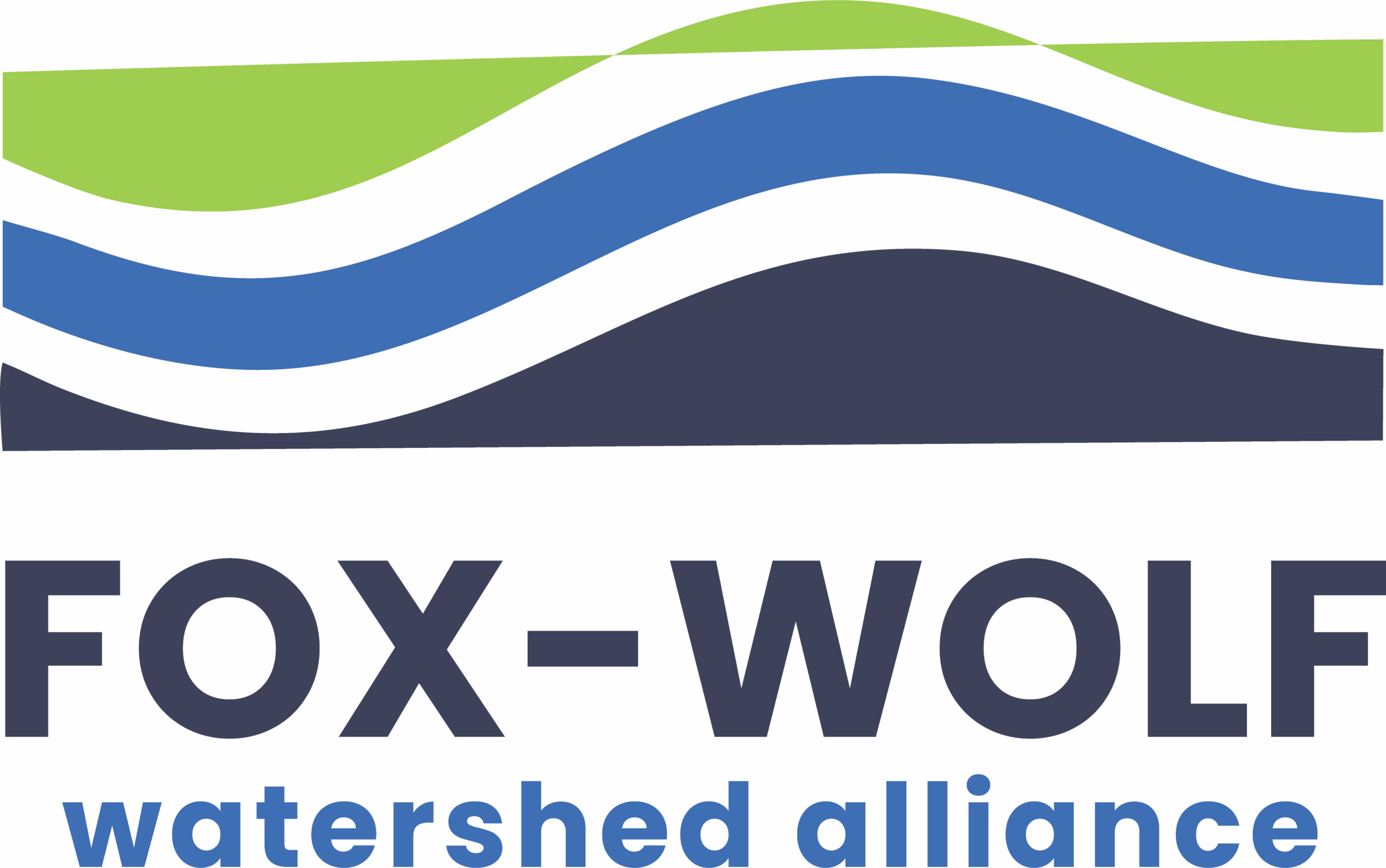
Household Hazardous Waste
Cleaning out the garage and keeping our waters clean
We all have the opportunity – and responsibility – to dispose of waste materials properly. The rule of thumb is: If you wouldn’t dump it in the river, don’t let it touch parking lots, soil, or any other place where it can be washed into a stream or storm drain.
harmful substances
Certain household chemicals, when not used up properly, become household hazardous waste. These products can contain the same chemicals as strictly regulated industrial wastes.
The products include, but are not limited to: cleaning products and wash water, food oils/grease, automotive oil, grease and waste fluids, paint, petroleum-based solvents, rodent baits, batteries, herbicides, pesticides, concrete wash water, and sidewalk salt
proper disposal
All of the counties in Northeast Wisconsin have Household Hazardous Waster drop off programs or collection days. Contact your local environmental health or solid waste agency for instructions on proper use and disposal.
using less
The quantity of waste from a single household may be small, but that quantity adds up fast considering the number of households in Northeast Wisconsin. Consider reducing your purchase of products that contain hazardous ingredients.
Northeast Wisconsin Stormwater Consortium (NEWSC) P.O. Box 1861 Appleton, WI 54912 l 920.851.4336
RenewOurWaters.org

Stormwater is rain or snowmelt and water from things people do, like washing the car or watering the lawn. As water makes its way to the storm drain it picks up pollutants like oil from car leaks and bacteria from pet waste. When we choose products carefully and dispose of products properly, we can greatly reduce the amount of pollution that enters our local waters through runoff.
Untreated runoff is the biggest threat to our nation’s water quality, according to the U.S. Environmental Protection Agency. Let’s make the small, important changes that will reduce that threat and improve water quality and our lives!

—

—
